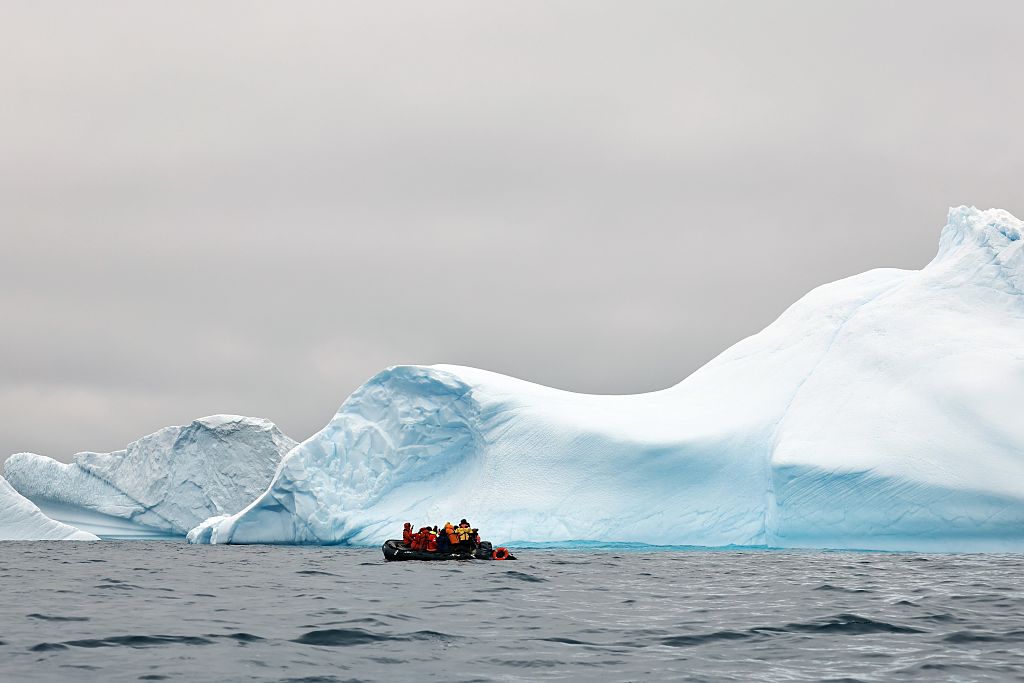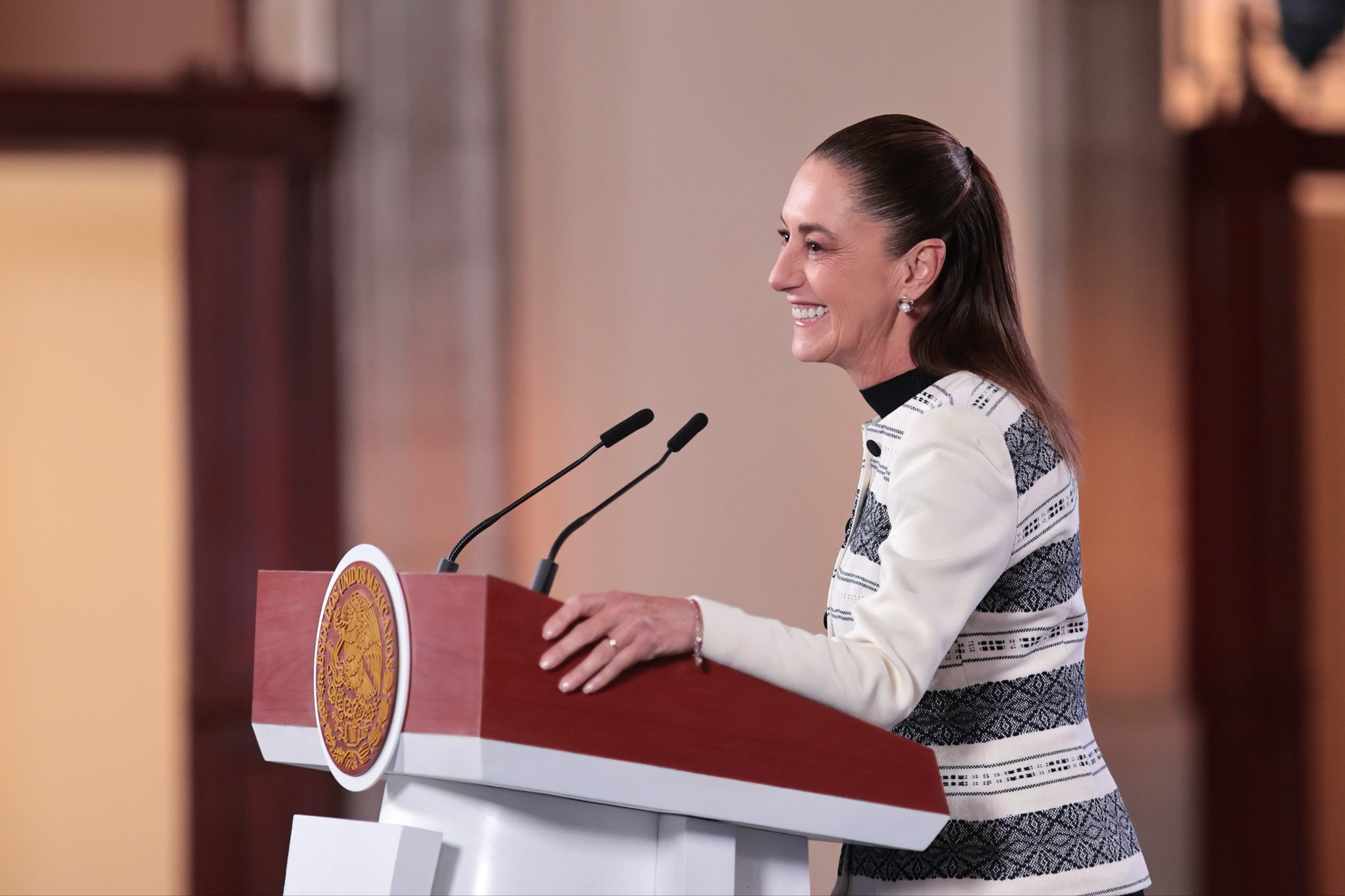Russia in the Americas: What Now?
Russia in the Americas: What Now?
In light of the invasion of Ukraine, a panel of experts discussed how Russia promotes its influence in the region through weapon sales, intelligence sharing, vaccines, and a propaganda network.
Speakers
- Luis Guillermo Solís, Interim Director, Kimberly Green Latin American and Caribbean Center, Florida International University; former President of Costa Rica
- Douglas Farah, Senior Visiting Fellow, National Defense University, Institute for National Strategic Studies (INSS); President, IBI Consultants
- David Kramer, Managing Director, Global Policy, George W. Bush Institute; Senior Fellow, Kimberly Green Latin American and Caribbean Center, Florida International University
- Eric Farnsworth, Vice President, Americas Society/Council of the Americas (moderator)
“Unlike China, which deals with everyone and has a lot of resources, Russia has very specific and very deep relationships with a few people across the region," said Douglas Farah in an AS/COA panel on Russia's influence in Latin America. Speakers explored the status of Russia's actions in Latin America and how its invasion of Ukraine may undermine or enhance its regional power.
Former Costa Rican President Luis Guillermo Solís noted his support for Latin America's general repudiation of Russian President Vladimir Putin's directives in Ukraine. Still, several countries in the region—such as Cuba, El Salvador, Nicaragua, and Venezuela—maintain relations with Moscow. The speakers explained Russia's arsenal of tools to influence the region, including weapon sales, intelligence sharing, vaccines, and an extensive propaganda network.
"Russia's financial ability to flex its muscles will be significantly limited, particularly with a region fairly far afield," said David Kramer of the George W. Bush Institute on the impact of the U.S. and EU sanctions on the country. The speakers expect Russian activities in Latin America to continue as a means to project power or divert attention from Ukraine. Those sanctions on Russia, according to Solís, will destabilize markets like oil, wheat, and fertilizer, all of which could complicate Latin America's economic recovery from the Covid pandemic.








